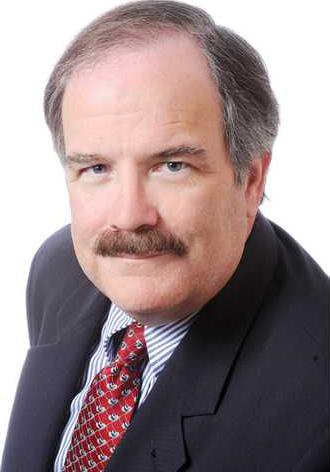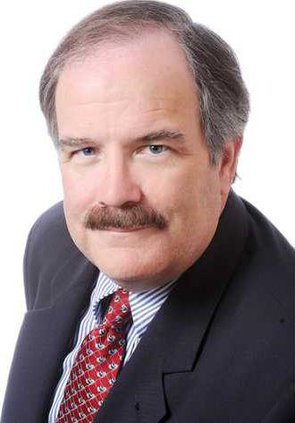When he sat down in a room full of journalists at the Carter Center to talk about the cancer that has spread to several parts of his body, Jimmy Carter was quite calm and collected in discussing his reaction to the dreaded diagnosis.
At first, he recounted, “I thought I just had a few weeks left. But I was surprisingly at ease.” More so than his wife Rosalynn, he added.
“I’ve had a wonderful life,” Carter said, noting the “thousands” of friends, the many supportive family members, and a growing number of grandchildren and great-grandchildren: “More of them come every year.”
As he nears the end of his long time on this earth — the former president will be 91 on Oct. 1 — Carter knows that, when all is said and done, family and friends are really the things that matter.
In his responses to reporters’ questions, it was interesting to learn that Carter is most proud not of the fact that he held this country’s highest office, the presidency, but of what he’s been able to do in 35 years since leaving that office: building houses for low-income families, working to eradicate guinea worm disease, monitoring elections, trying to advance the cause of peace.
“My life since the White House has been personally more gratifying, although the presidency was obviously the pinnacle of my political success,” he confessed.
That is why he will be known for a long time to come as America’s greatest former president. His accomplishments in high office were obviously less than what he had hoped for, but he has done a lot of good for a lot of people after stepping down.
What struck me most about Carter’s statements was the fact that he decided to make one last try at fighting back against the disease that killed both his parents and all of his siblings.
Cancer is a horrible disease that requires extreme measures if you want to have any hope of controlling it. Most patients who are being treated for cancer quickly learn that the treatment often feels worse than the disease.
Consider the options that a cancer patient faces.
You will be cut open for surgeries that remove large portions of skin, muscle tissue, and internal organs. Your doctor may even recommend amputating a limb.
You will have large needles jammed into every part of your anatomy. If there’s scar tissue from previous cancer surgeries, it will be like trying to push a needle into a brick
You will be blasted with radiation that leaves a painful sunburn and makes you feel like your skin is on fire.
You will sit in a chair for hours while poisonous chemicals are dripped into your veins in an attempt to kill the cancer cells. These chemicals are so dangerous that the infusion nurses wear safety gloves as they flow them into your bloodstream.
The chemicals used against cancer cells also kill large amounts of healthy tissue and can leave you feeling so weak that you can’t even make it to the bathroom. In some instances, you may vomit and watch your hair fall out.
You can have an adverse reaction to the treatments that drives you into a delirium so intense it makes you rip a catheter out of your jugular vein.
I can attest to these side effects, because I’ve dealt with the same type of cancer that has invaded Carter’s body. In fact, my oncologist is part of the team at Emory that will be treating the former president. I’ve been cut, burned, and poisoned more times than I care to remember — Carter is now starting to experience some of those same procedures.
He has always been a very thorough and methodical person. I have to think that Carter insisted on being fully briefed on what he might encounter if he went ahead with treatment for melanoma. The fact that he chose to take this difficult path as he nears 91 shows that he has a very special kind of courage. This is not a decision that is made lightly.
As he talked about the “adventure” that lies ahead, Carter remarked: “I’m perfectly at ease with whatever comes . . . I’ll be prepared for it when it comes.”
I believe him.
Tom Crawford is editor of The Georgia Report, an Internet news service at gareport.com that reports on state government and politics. He can be reached attcrawford@gareport.com.





